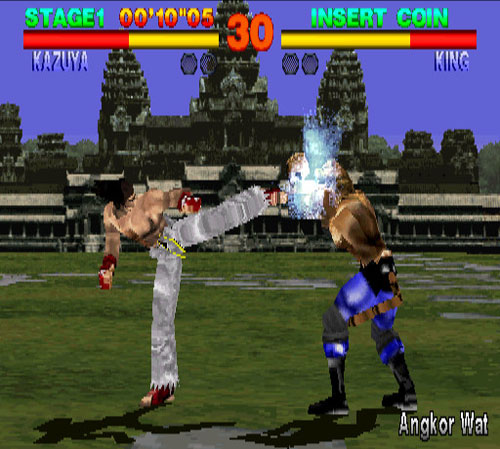Cell was designed for heavy duty processing at low cost and relatively low power.
At that sort of thing it was *incredibly* fast. On HPC benchmarks it was getting 30x gains over x86 processors. On FFTs it was beating the P4 by 100x.
Thank you for being the voice of reason minator, people have short memories it seems. Cell wasn't designed to be a general purpose desktop CPU, but rather one specialised for certain tasks. Anyone remember the supercomputer clusters being built out of PS3s (when running Linux out of the box was a possibility)? People didn't just do that because they could, they did that because it was a cost effective way of getting a lot of computing power, for certain tasks.
FWIW, I don't own a PS3, I just found most of the posts in this thread devoid of understanding, and was pleased to read that at least one person had some semblance of knowledge.
The irony is that the PS1 was successful because it was easier to program than any console that had come before.
You say this as a games developer do you? From what I've heard, PS1 was not easy to program for, easier than the Saturn, but otherwise not easier than what came before.
Thing is, my view is backed up with evidence. Compare the early PS1 games to the later ones, e.g. Tekken 1 vs. Tekken 3:


Of course, for any console, more of the power is unlocked over time as people learn how to get the best out of it, but the time it takes to unlock this power is a measure of how hard the device is to program for. If the Playstation was easy to program for, then you wouldn't see much difference in the launch titles and the later titles (look at Gamecube or Xbox 1 for an example of this). By many accounts, it took the release of a tool (the DTL-H2700 Performance Analyser, used in the development of games like Gran Turismo) before developers found out how to unlock the performance of the PS1.
Am curious to know how you got the opposite impression, so feel free to fill me in.